When it comes to OpenAI, The New York Times took advantage of a bug in the AI models to allegedly breach the newspaper's copyright. In response, the NYT filed a lawsuit against OpenAI in December, accusing them of using The Times articles to train their chatbots.
OpenAI has countered the allegations from The New York Times by suggesting that the newspaper paid someone to manipulate its AI models. This manipulation may have involved exploiting a bug and using 'misleading prompts', although OpenAI does not provide further details on this. It is believed that this was necessary in order to get ChatGPT to generate responses that directly mirrored multiple paragraphs from The Times articles. However, even with 'tens of thousands' of attempts, the desired outcome was not easy to achieve, and OpenAI claims that the newspaper also fed parts of the articles to the chatbot.
OpenAI asserts that under normal circumstances, users would not be able to access The Times articles directly through their platform. The company alleges that The Times went to great lengths to ensure that their models were reproducing the training data. While OpenAI acknowledges that these are not complete articles, they maintain that only parts that are already available on other websites are being reproduced. As a result, the company is seeking to have four out of the seven charges brought by The New York Times dismissed.
The chief attorney for The New York Times, Ian Crosby, told The Register that it is a 'strange misconception' to suggest that the newspaper hacked the chatbot. Crosby argues that The Times used OpenAI's products to demonstrate that OpenAI had unlawfully duplicated and replicated copyrighted material from The Times. He also finds it surprising that OpenAI admits to monitoring user prompts, despite previously denying it. Crosby points out that OpenAI does not refute the claim that they copied The Times' articles without permission.
In a separate lawsuit in December, The New York Times sued OpenAI and Microsoft for copyright infringement, claiming that the companies had unlawfully copied the newspaper's content to train their generative AI. The newspaper alleged that ChatGPT was sometimes 'verbatim copying' text from The Times, content that is typically behind a paywall. The spread of false information by chatbots claiming to be affiliated with The New York Times could potentially harm the newspaper's reputation.
.png)
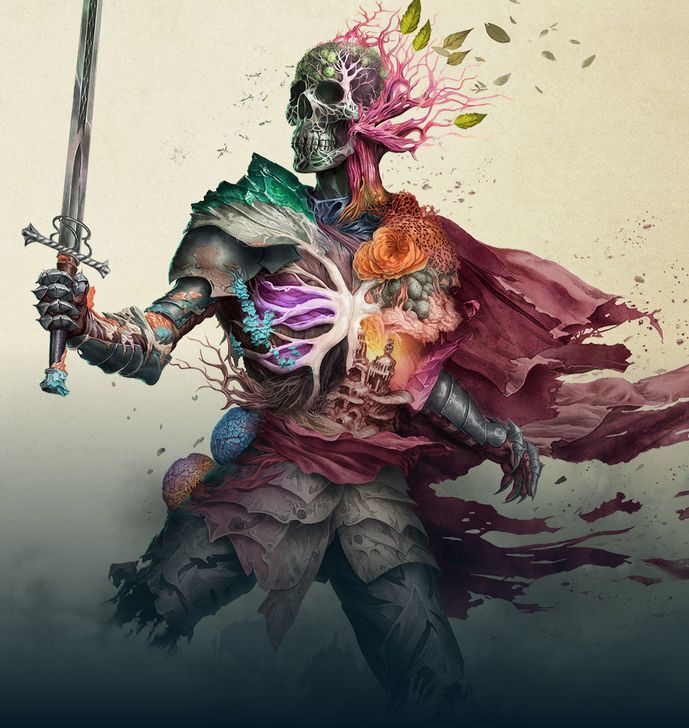
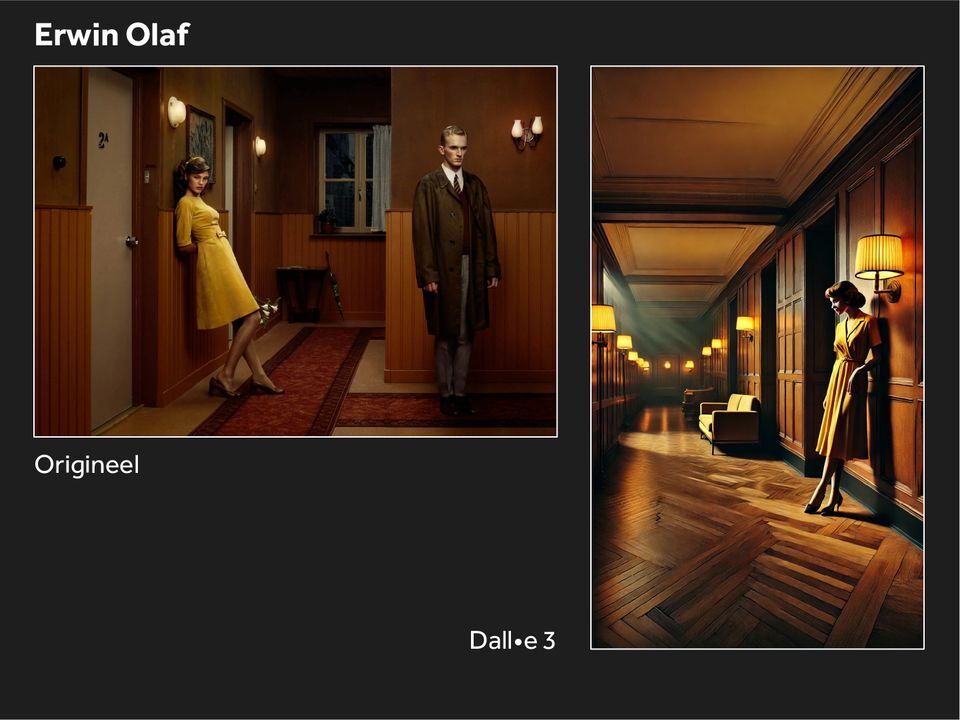
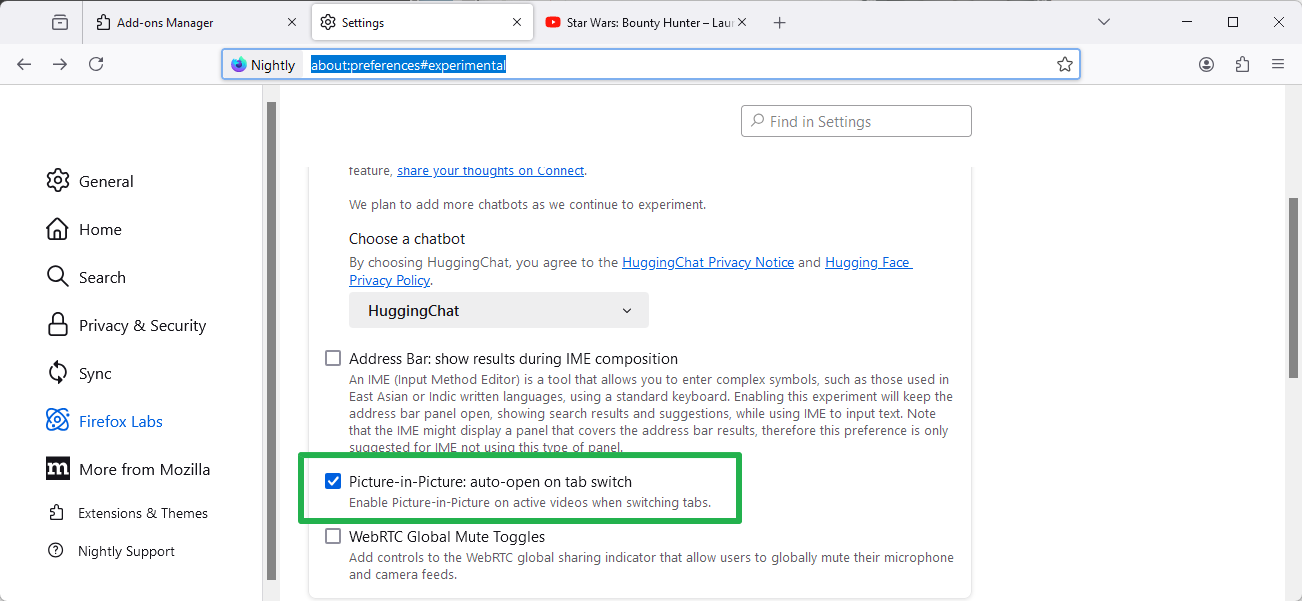
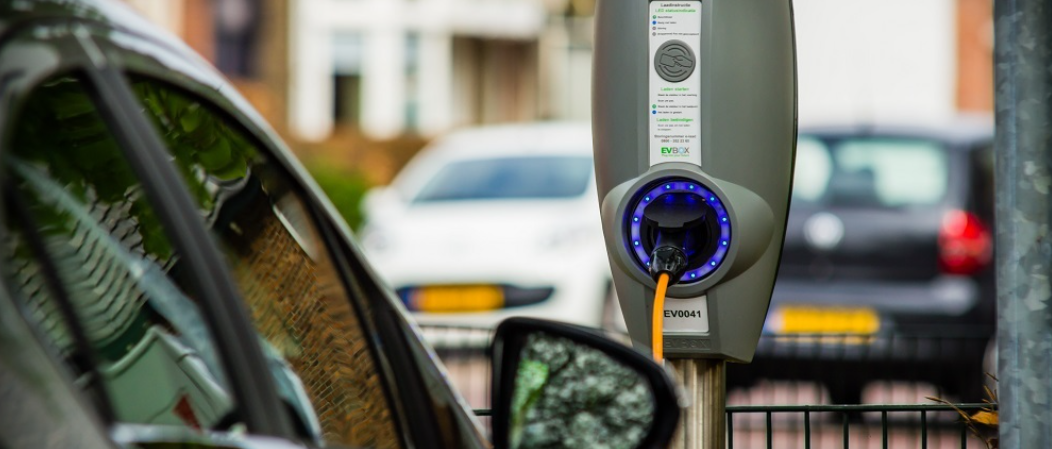
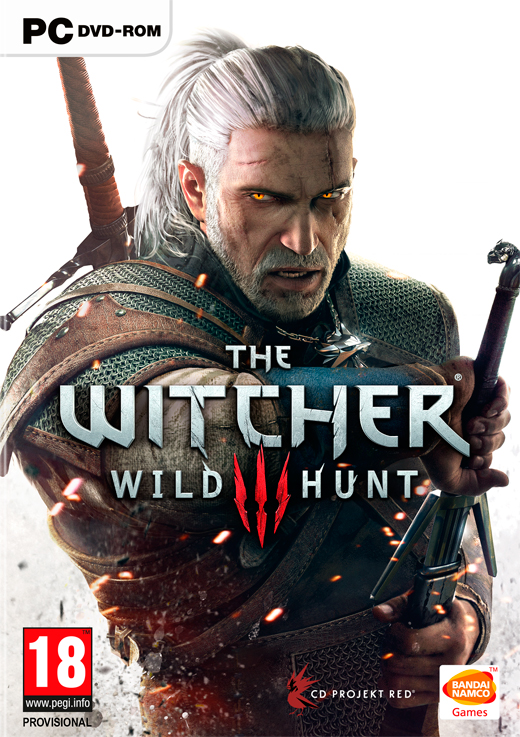
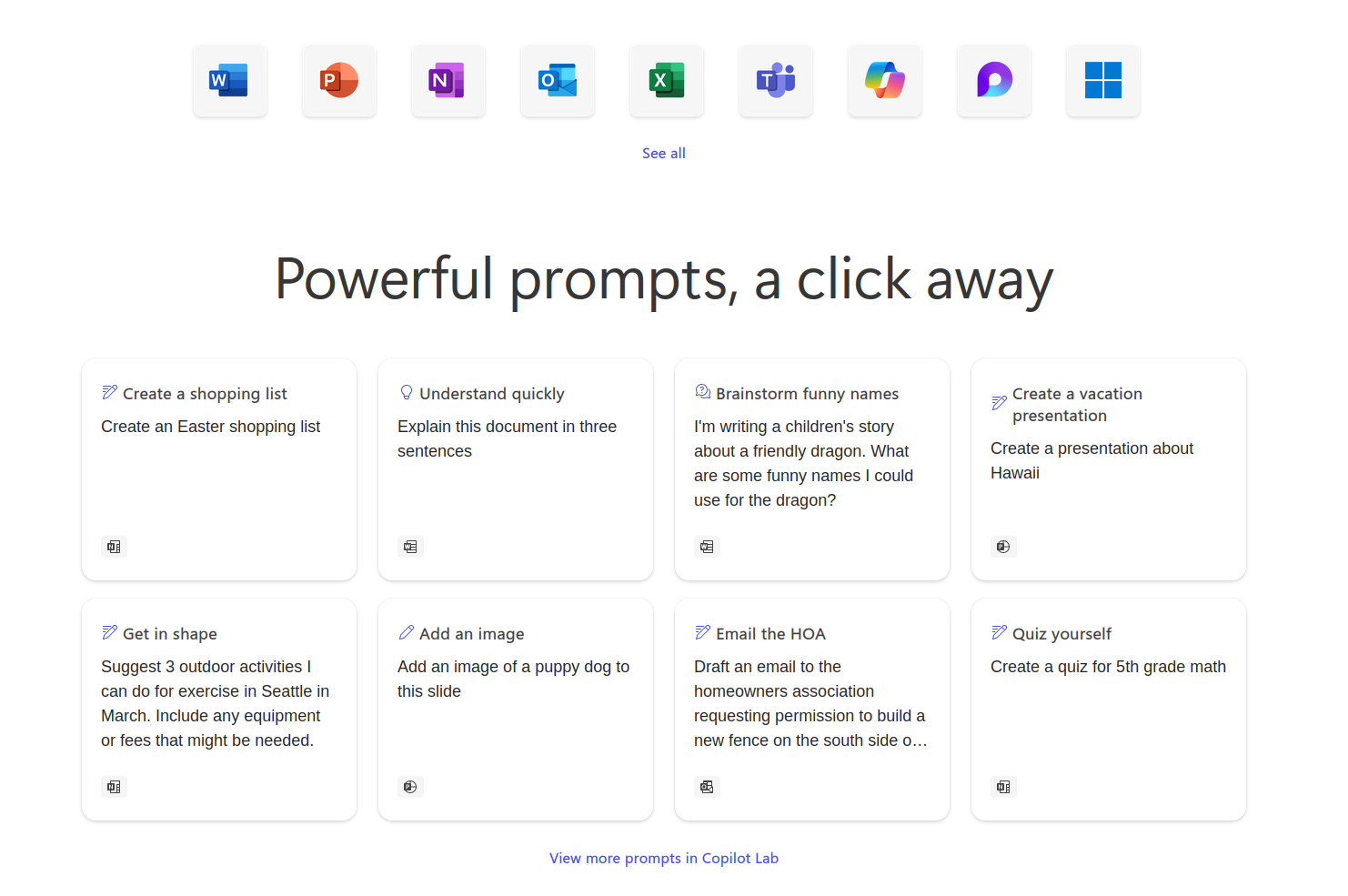
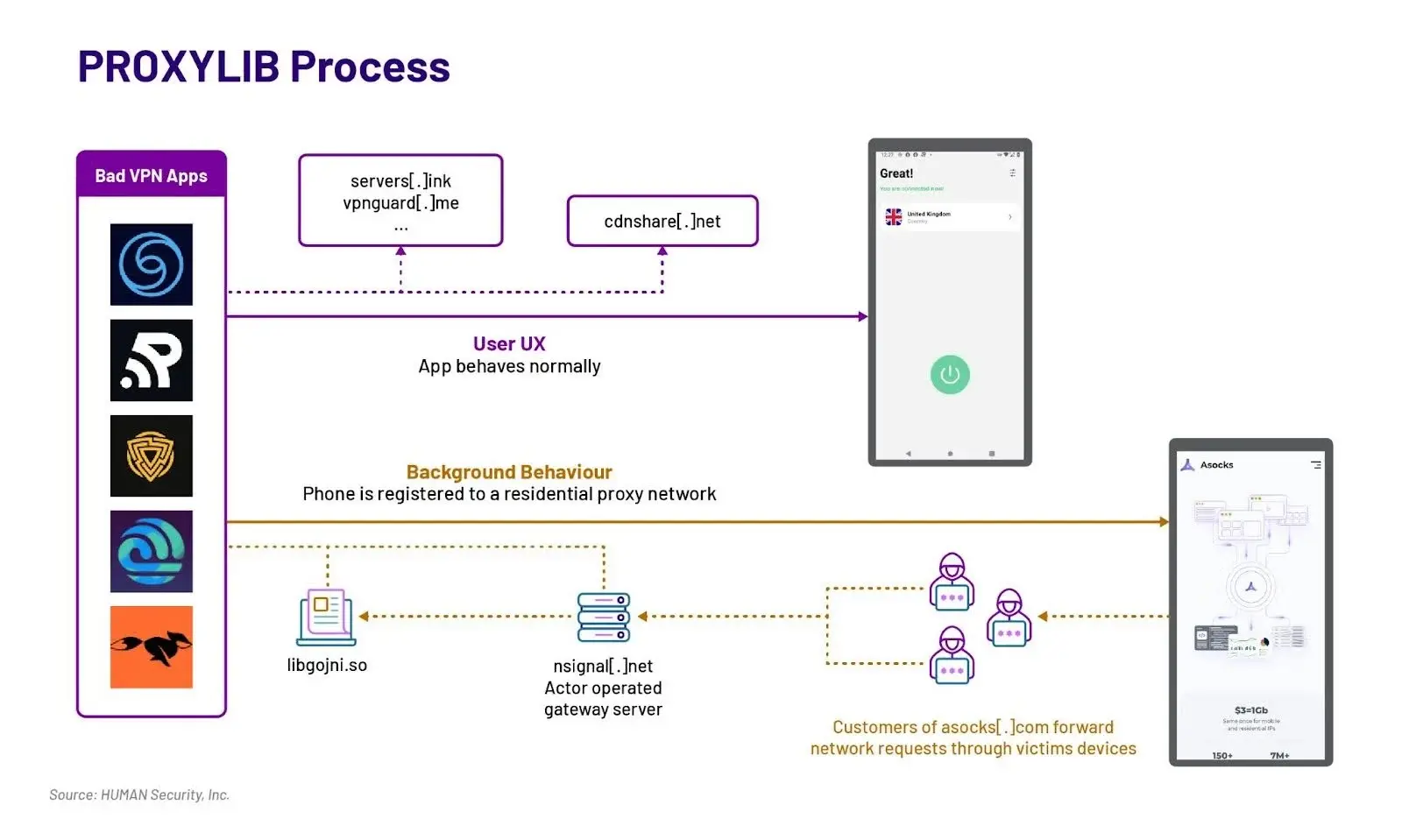
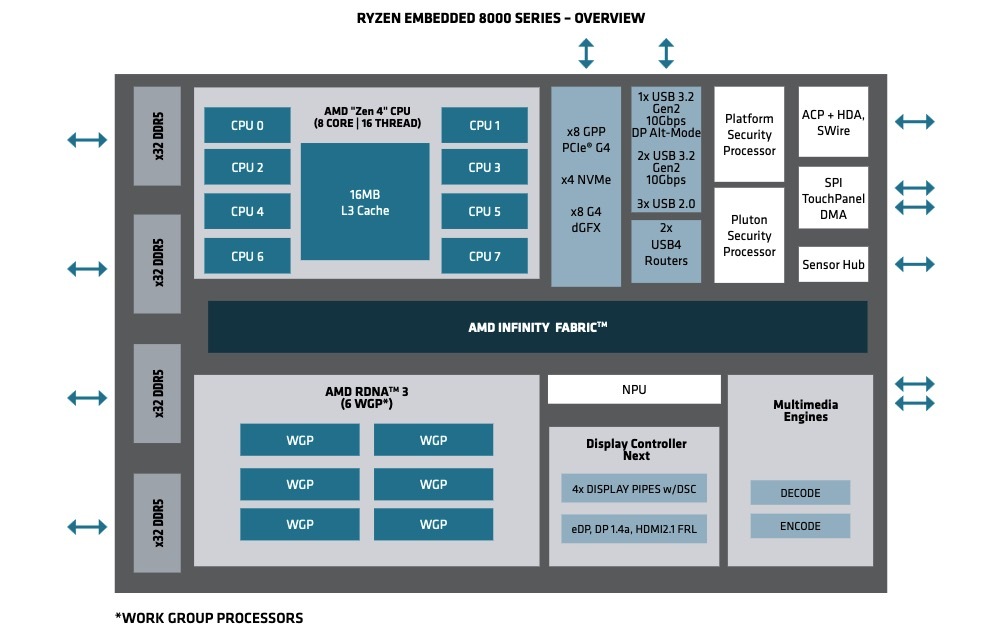
 English (US)
English (US)